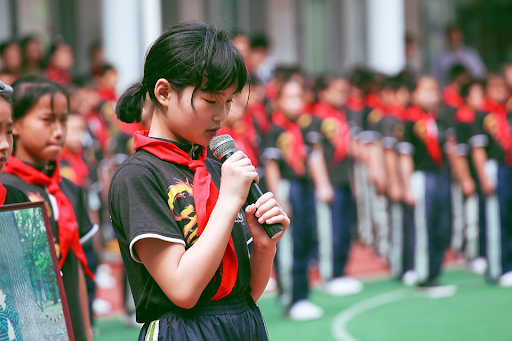The process of children developing in their first few years of life is an exciting journey, with many different steps, each one building upon the last. If a child doesn't get the right development in their early years though, they may struggle later on in life to reach their full potential - especially when it comes to academic work and other important life skills. The article reads about how primary education can be crucial for this development, and the importance of making sure children don't fall behind from not having the opportunity.
What is primary education?
Primary education is the first level of education in a country or state. It is usually the foundation for further education by children and young people. In most countries, primary education takes place from pre-kindergarten to age 12, though it may start at ages 4 or 5 or last until age 14. It is a very important stage in a child's development because it prepares them for further schooling, careers, and life. Primary education has an enormous impact on children's lives at this time because it is during this period that they make their first close friends, learn their classroom skills, and build up a base of knowledge.
The importance of primary education to society
Early access to education can have a major impact on the future of children. Primary education is the first step in a child's life and it should be encouraged by parents, teachers, and community members. The best primary schools in Toowoomba focus on the development of critical thinking skills, literacy, math, science, and the arts.
Differences between primary and secondary education
Primary education is an important part of the education process. This stage teaches children the basics of their culture, history, and languages. Secondary education is broader in its focus and can include things like mathematics, social studies, global studies, and other subjects.
How long should you stay in school?
The United States has the highest student-to-teacher ratio in the world, but the primary school system is what makes up for it. The United States needs a well-rounded education system to support its economy and maintain its competitiveness with other countries. With this in mind, some politicians believe that there should be a federal mandate requiring all students to stay in school until they are 18 years old. This would be beneficial for students as well as society at large because students would have more time to get the important skills needed for success.
Who should go on to secondary education?
Primary education is the foundation that all other educational institutions are built on. It's also the first step into adulthood. As a result, this education is extremely important for any individual to have.
Children who are in school during the summer months can have a significant advantage over their peers. The time they spend in school provides them with opportunities to learn the materials that will be taught during the school year. Furthermore, it is important for children to stay mentally active when they're not in school. Children who do not get any sunlight at all during the summer may experience mental health issues like depression and anxiety.


No comments:
Post a Comment
Please Leave a Comment to show some Love ~ Thanks